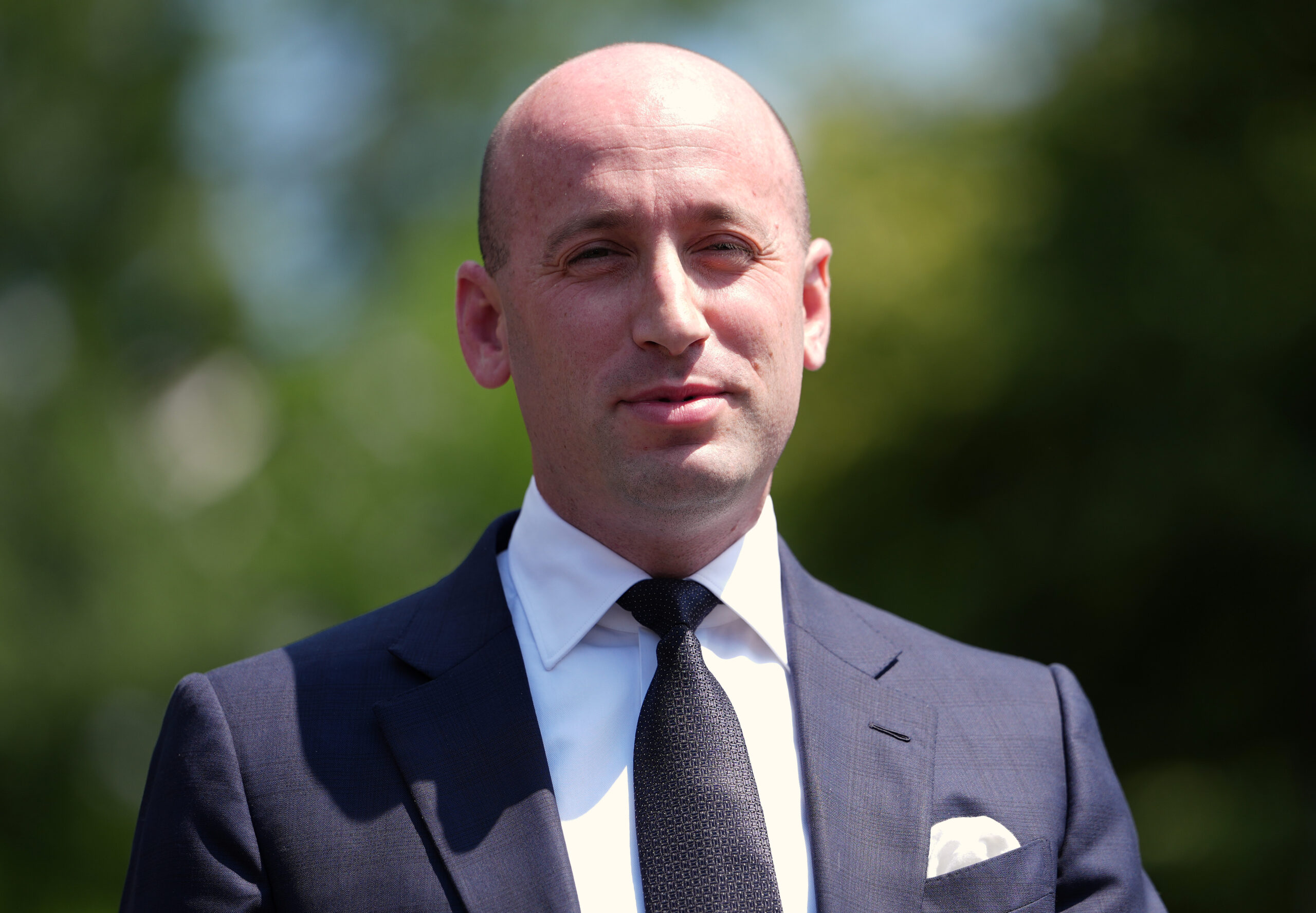Press Release
Independent ethics enforcement needed, new rules meaningless if not enforced
Related Issues
Common Cause’s chief of legislative affairs, Sarah Dufendach, urged a House Judiciary Committee panel considering lobby and ethics reform to enact independent ethics enforcement for a Congress that the public no longer trusts to police itself.
“Stricter rules mean nothing if they are not enforced, and the record of the House Ethics Committee does not give us much faith that the Committee is up to enforcing new rules,” Dufendach testified Thursday before the Judiciary Committee’s subcommittee on the Constitution, Civil Rights and Civil Liberties. “Instead of struggling to judge their colleagues, Members of Congress should be guided by a professional, nonpartisan body tasked with receiving ethics complaints, doing preliminary investigations and making recommendations to the Ethics Committees in their respective chambers about moving forward.”
Dufendach cited polling showing corruption as a major concern of voters in the 2006 mid-term elections, and that voters do not want “business as usual” in Washington.
In her testimony, Dufendach detailed how an independent ethics commission would work, proposing it be headed by a three-member panel or a director, all chosen by the speaker and minority leader.
Click here to read the full testimony and more on how independent ethics enforcement would work.
In addition, Dufendach urged the panel to follow the Senate’s lead and require lobbyist bundlers to disclose donations they collect and arrange and require former Members to wait longer – two years — before being permitted to lobby former colleagues. She also spoke in support of disclosure requirements for Astroturf lobbying for firms that do not presently file federal lobbying reports but that earn at least $100,000 per quarter to engage in paid efforts to stimulate Astroturf lobbying.
Dufendach urged the panel to include a provision on lobbying bundling that the Senate passed in its version of an ethics and reform bill. It would require lobbyists and lobbying organizations to disclosure what they gave and collected. Currently, campaign finance laws require an individual lobbyist only to disclose what he or she gave in political contributions to federal candidates.
